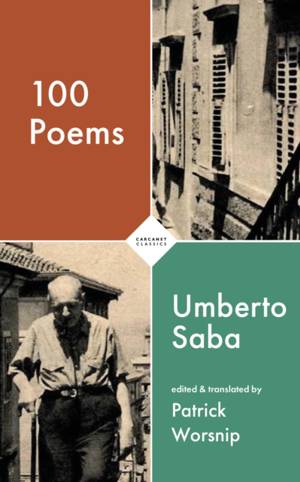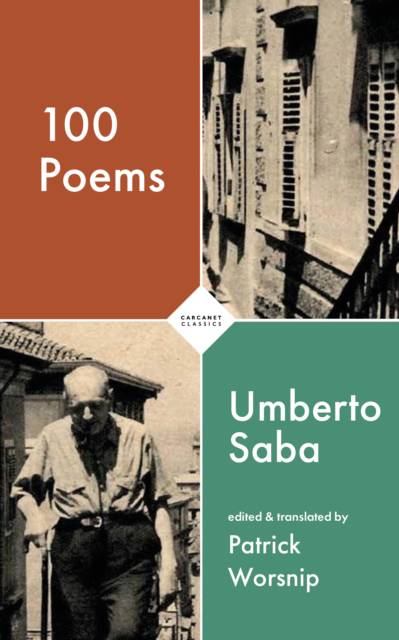
- Afhalen na 1 uur in een winkel met voorraad
- Gratis thuislevering in België vanaf € 30
- Ruim aanbod met 7 miljoen producten
- Afhalen na 1 uur in een winkel met voorraad
- Gratis thuislevering in België vanaf € 30
- Ruim aanbod met 7 miljoen producten
Zoeken
Omschrijving
Umberto Saba (1883-1957) is one of the great Italian poets of the twentieth century, as closely associated with his native city Trieste as Joyce is with Dublin. He received a sparse education but was writing distinctive poetry before he was twenty, ignoring the modernist groups which dominated the day. He came at personal themes in unexpected ways, using an unapologetically contemporary idiom. He acquired an antiquarian bookshop which prospered for a time, but his Jewish background placed him at risk with the rise of Fascism. When the Germans took northern Italy in 1943, he and his family went into hiding in Florence where they escaped detection until the Allied liberation. National fame came late in his life. 100 Poems is the most extensive selection of his work so far published in Great Britain. He emerges as one of the great European writers of his time. The book features writing from every period of his writing life. Patrick Worsnip's translations honour the poet's use of traditional Italian forms while using appropriately colloquial diction.
Specificaties
Betrokkenen
- Auteur(s):
- Vertaler(s):
- Uitgeverij:
Inhoud
- Aantal bladzijden:
- 192
- Taal:
- Engels
Eigenschappen
- Productcode (EAN):
- 9781800171930
- Verschijningsdatum:
- 28/07/2022
- Uitvoering:
- Paperback
- Formaat:
- Trade paperback (VS)
- Afmetingen:
- 133 mm x 216 mm
- Gewicht:
- 244 g

Alleen bij Standaard Boekhandel
+ 41 punten op je klantenkaart van Standaard Boekhandel
Beoordelingen
We publiceren alleen reviews die voldoen aan de voorwaarden voor reviews. Bekijk onze voorwaarden voor reviews.











